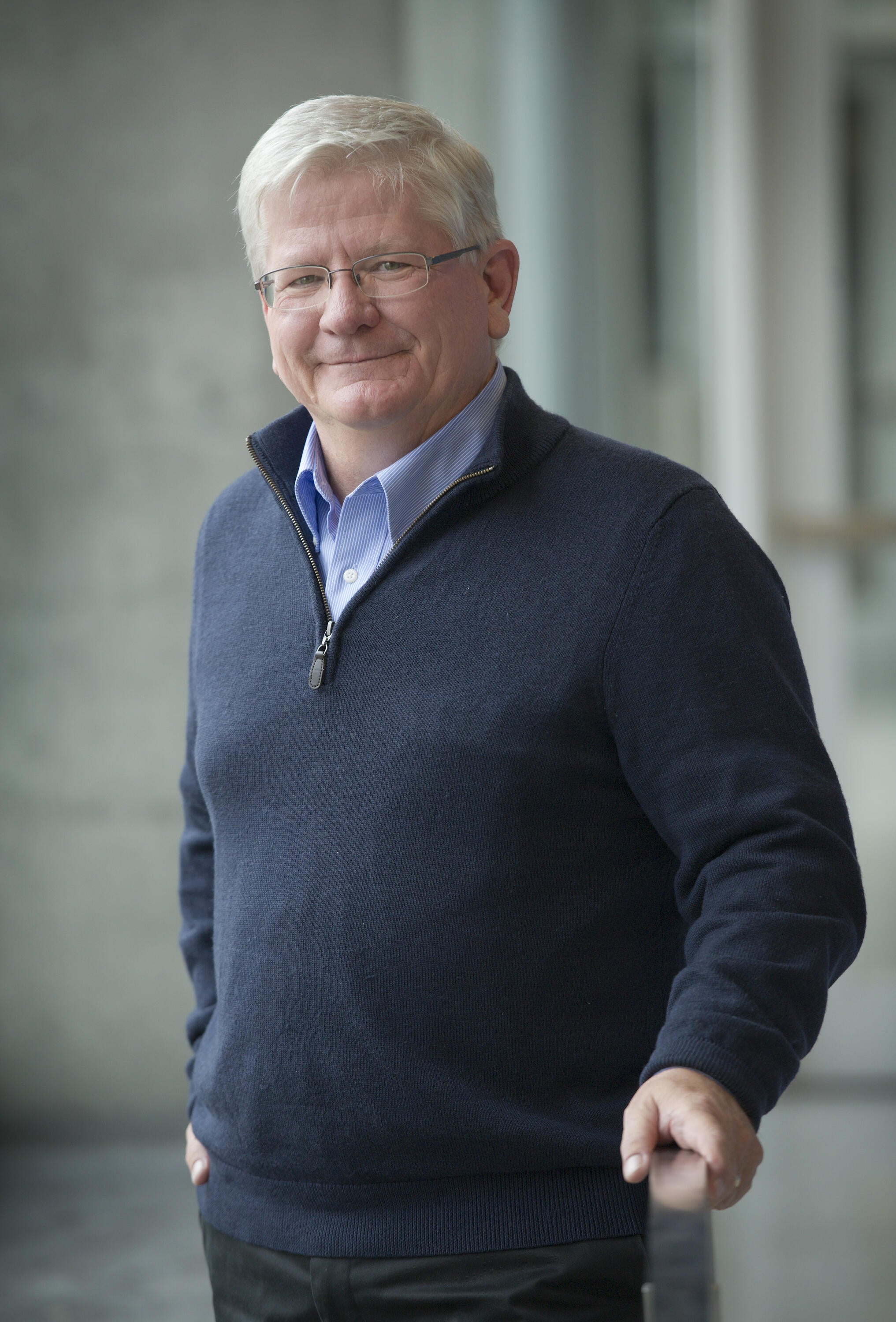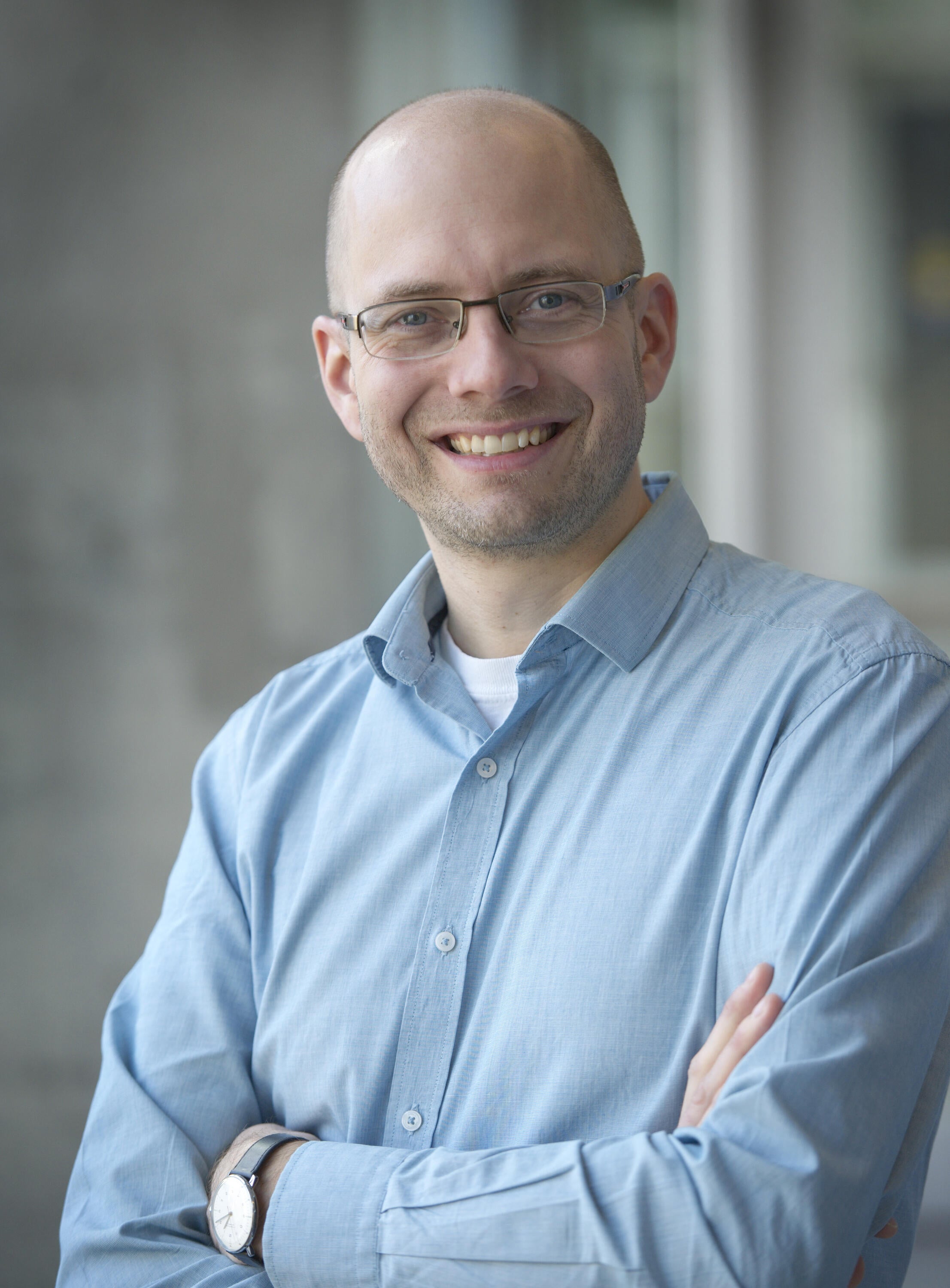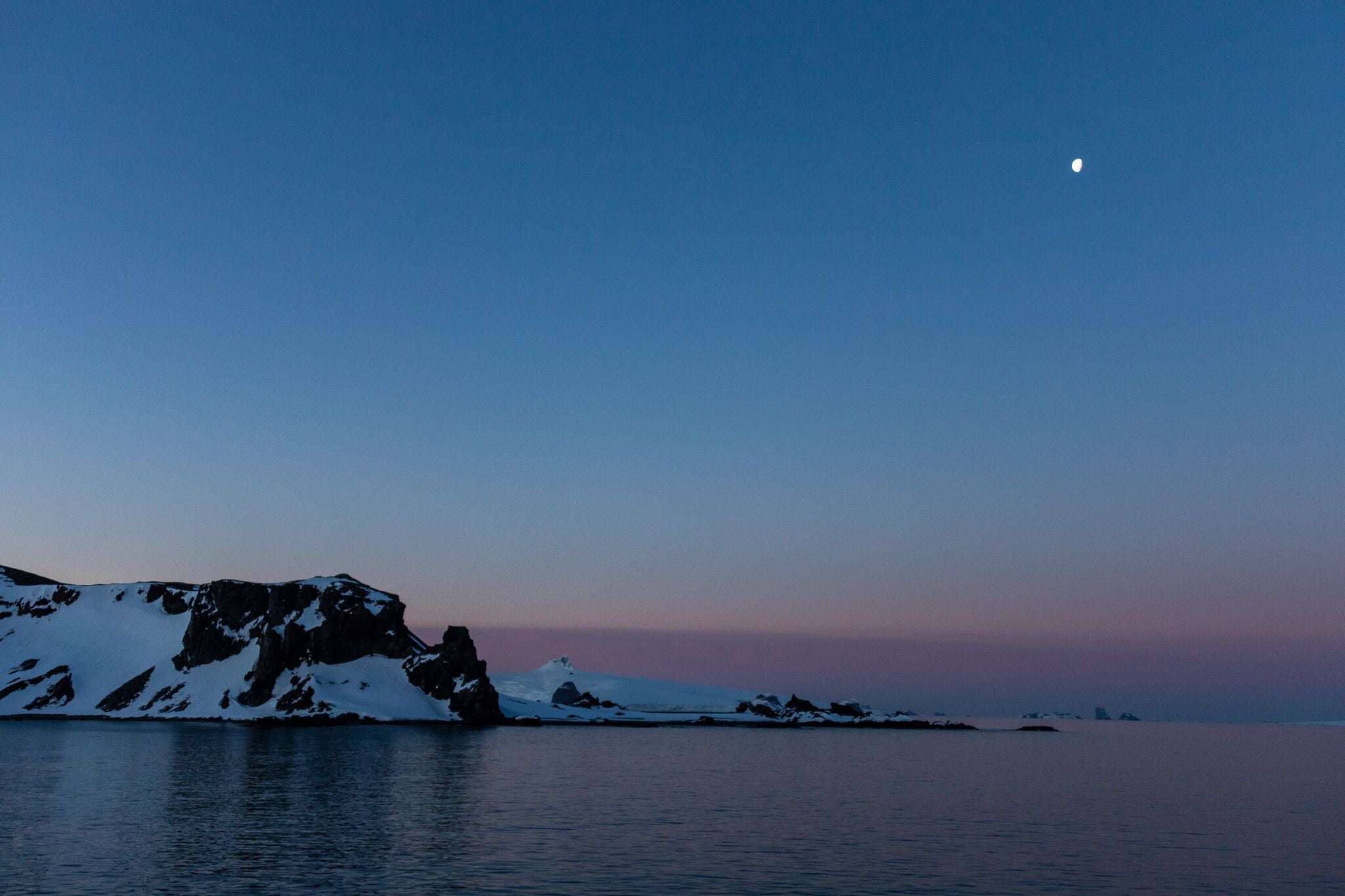Q and A with the experts: COVID-19 in our wastewater – What does it tell us?


Professor Mark Servos from the department of biology and Professor Emeritus Gary Dmitrienko from the department of chemistry have been awarded research infrastructure grants to support their COVID-19 research.
Waterloo Biology is one of the top ten biology programs in Canada for 2021, according to the influential annual Maclean’s magazine ranking program.
In results released last week, Waterloo’s Biology program was placed 10th for 2021, rising in the rankings from 13th in 2020 and 15th in 2019.


On December 28, Her Excellency the Right Honourable Julie Payette, Governor General of Canada announced 120 new appointments to the Order of Canada. The new member list included Donna Strickland, Anne Dagg, Paul Born and Stuart McGill, who are all affiliated with the University of Waterloo. Both Donna Strickland and Anne Dagg have connections with the Faculty of Science as well! They were appointed for outstanding contributions in their field and for enriching the lives of others.
The Buchalter Cosmology Prize recognizes “ground-breaking theoretical, observational, or experimental work in cosmology that has the potential to produce a breakthrough advance in our understanding.”
Natural environmental processes—not upstream energy projects—are the primary cause of changing flood patterns in Alberta’s Athabasca Delta, new research shows.
The research also shows there is no evidence to support the perception that energy projects have increased the amount of metal pollutants in the delta ecosystem.
A woman’s scream pierces through the rolling hum of cheers from the sidelines, and Brent Plumley, BSc ‘08 is all nervous smiles. Bound tightly with a canvas cocoon to a zip line, 350 meters long and 70 meters above a pit of bright blue water of an abandoned copper mine, she clutches a yellow ball. Her scream culminates into a loud whoop of victory as her ball plops just inside the boundaries of a red target below, ensuring her team’s success.
Leaving family, friends and Wi-Fi might not be most people’s idea of a dream experience. However, for biology Professor Kirsten Müller, these things are necessary for her upcoming once-in-a-lifetime trip to Antarctica. In this trip, she will travel alongside 99 other women in STEMM (Science, Technology, Engineering, Math, and Medicine) fields as the fourth cohort of Homeward Bound.